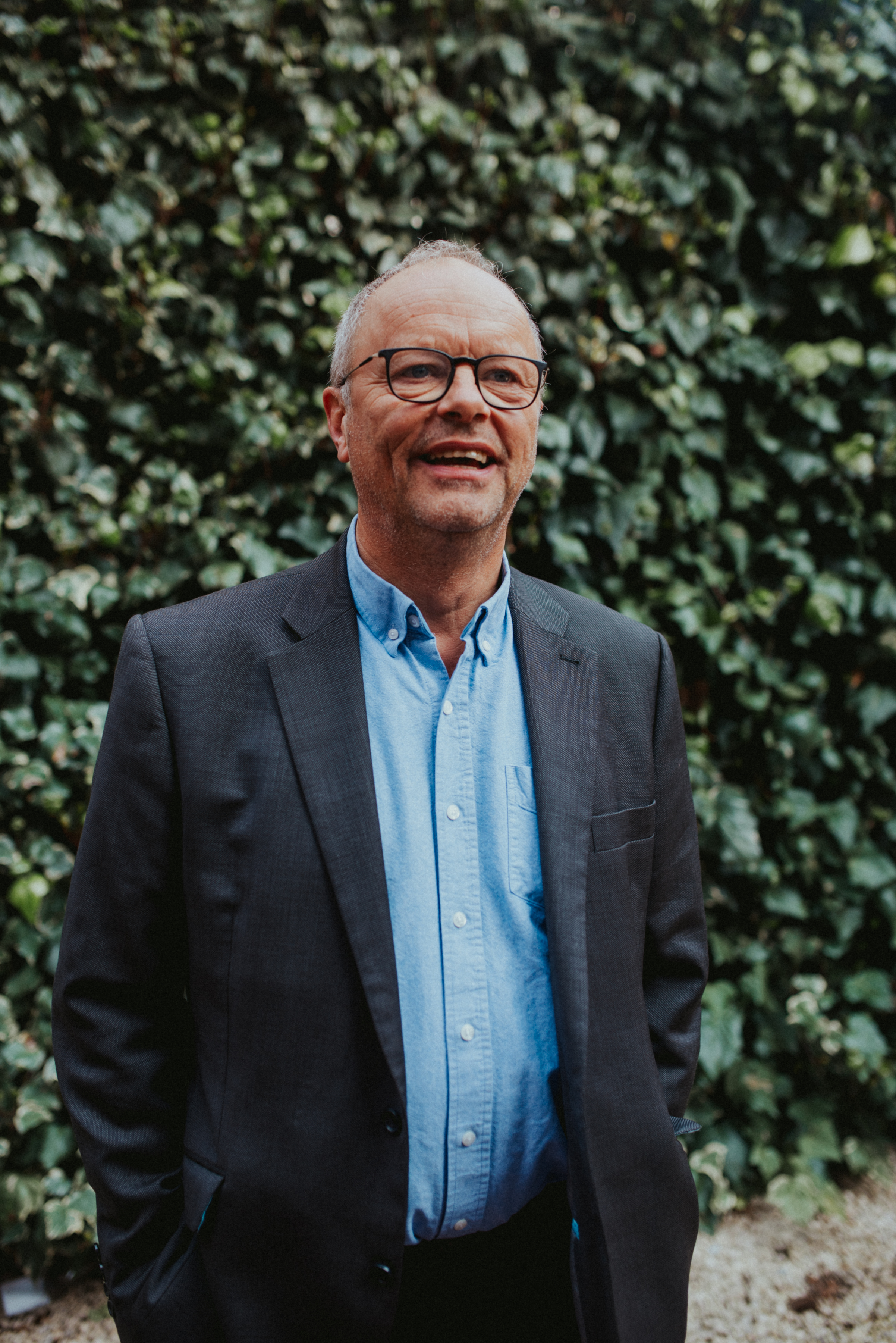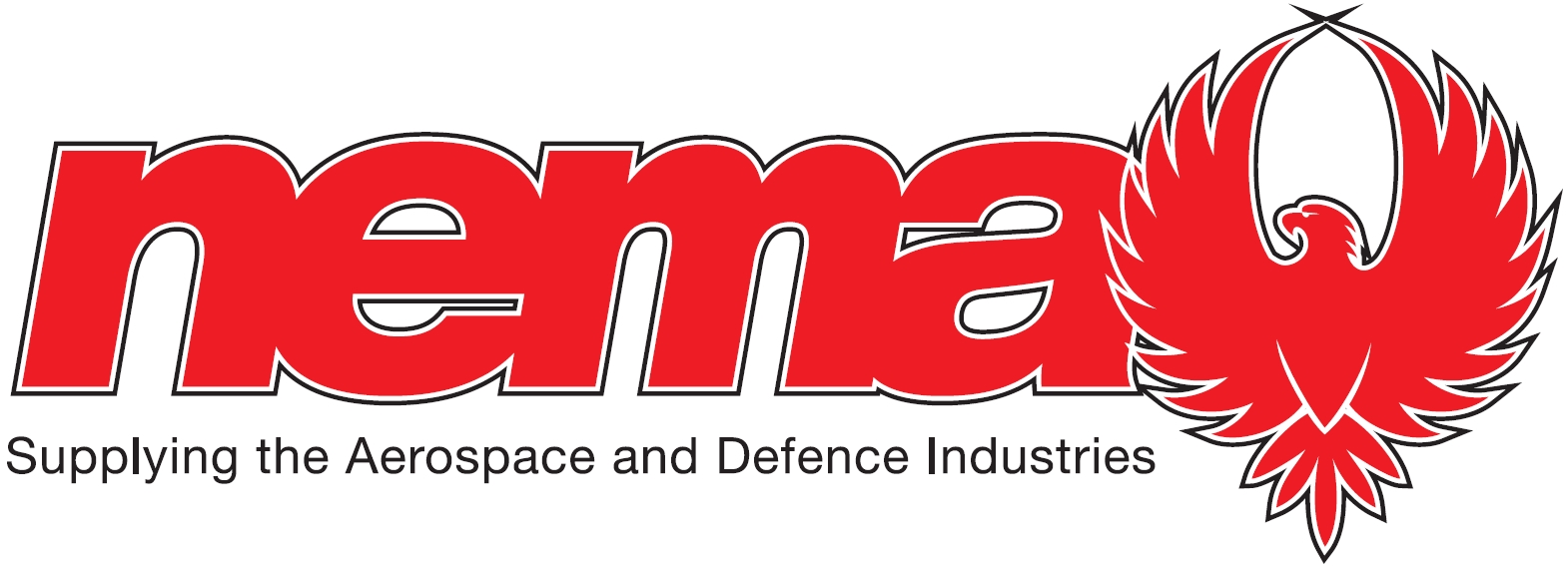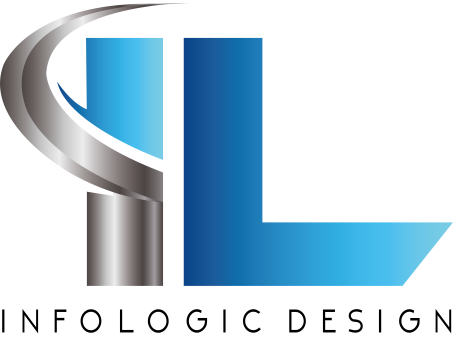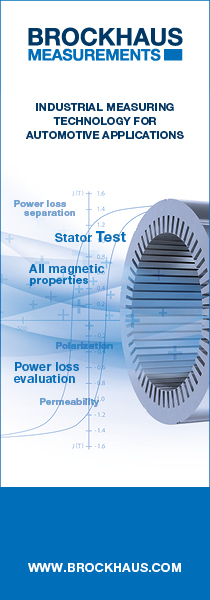Updated 21/11/18
What might develop in magnetics in the next 30 years or so? What challenges might research be asked to look at? Are there new techniques or technologies that might come into production? New materials, or sources of materials? How might application requirements change? In short, what challenges are magnetics engineers and scientists likely to be facing in the next few decades?
Skyrmionic research may change how we see materials; mass take-up of electric transport will make huge demands on supply as well as affecting motor design and manufacturing; Brexit will affect supply chains and trade; graphene may not turn out to be a wonder material; VR and holographics may change design tools; electricity demand will increase, while renewables will provide more of the supply; recycling will be a growth area of supply; quantum computing looks set to overturn IT security and increase calculation power; additive techniques may be a manufacturing paradigm shift. And much more besides.
This year’s Ewing Event will look into the future, where last year’s event looked back over the last 30 years. A series of talks will cover these questions and others across the many fields of magnetics, including manufacturing, generation and transmission, machines, spintronics, graphene, materials, automotive, skyrmions, computing and CAE, and others.
 The keynote Ewing Lecture will be given by Mr Robert Llewellyn, an electric transport enthusiast and industry speaker. He produces and presents Fully Charged, a YouTube channel on electric transport and associated technologies, and is probably best known for presenting Scrapheap Challenge, and playing Kryten on Red Dwarf.
The keynote Ewing Lecture will be given by Mr Robert Llewellyn, an electric transport enthusiast and industry speaker. He produces and presents Fully Charged, a YouTube channel on electric transport and associated technologies, and is probably best known for presenting Scrapheap Challenge, and playing Kryten on Red Dwarf.
The programme outlined below is provisional, but we will attempt to stay with in the start / finish times to facilitate delegate travel.
The Event will consist of a full day technical seminar and an evening of the Ewing Lecture and an informal dinner. The event will take place in Manchester, in the Museum of Science and Industry.
Chair
Dr Cris Emson, Infologic Design
ACCOMODATION
A deal of £109 BB for a double room, with a £10 supplement for double occupancy has been arranged with the Jury’s Inn Hotel, Manchester, 56 Great Bridgewater Street, Manchester, M1 5LE, valid for the night of the 28th November.
Please contact Laura Hambleton at Laura_Hambleton@jurysinns.com to book rooms, or contact the hotel directly on 0161 953 8809 using the code UKMAGN281118.
TRAVEL
For details on how to find the MSI please click here
DRESS CODE
The dress code for the event is business attire / smart casual.
SPONSORS
We are very grateful to our sponsors for their support of the event:
Neodymium Level

Ferrite Level

Ceramic Level

Next Generation Graphene for Magnetic Sensing Applications
by Mr Ivor Guiney of Paragraf Ltd
Graphene is a so-called wonder material, the discoverers of which were awarded the Nobel Prize in 2010. It has been long-speculated for use in many applications due to its high conductivity, flexibility and lightweight properties. In particular, it is over 200 times more conductive than copper and is stronger than stainless steel. These phenomenal properties have given rise to a plethora of applications proved in research laboratories, such as ultra-fast electronic devices, highly wear-resistant graphene compounds, biomedical devices, molecular filters and many more. In particular, the intrinsic properties of graphene lends it to ultra-sensitivity towards magnetic fields.
Commercial uptake of graphene has focused on introducing graphene solutions into paints, composites, rubbers, etc. to make them more wear resistant and thermally conductive. The lack of any commercial graphene electronic devices stems from the fact that, simply, there is a complete lack of high-quality, reproducible graphene on attractive substrates without significant material contamination, in a cost-effective process.
Paragraf, a recent spin-out from the University of Cambridge’s Department of Materials Science, has solved these issues. In addition to direct graphene formation on electronic substrates, the graphene material produced exhibits uniformity, yield and batch-to-batch reproducibility in line with existing electronic material processes, a requirement for mass production.
The first of Paragraf’s development devices is a Hall effect magnetic sensor, which has many uses from consumer goods to high-end applications in medical, automotive and military industries, to name but a few.
This talk will focus on Paragraf’s developments in this sphere, along with future technologies and company progress.
| Time | Session Title | Session Host |
|---|
| 09:00 | Registration Opens | |
| 09:45 | Welcome | Dr Cris Emson, Infologic Ltd |
| 10:00 | Legal & Geopolitics | Prof Robert Lee, Law School, University of Birmingham |
| 10:30 | Machines and Motors | Dr Glynn Atkinson, Newcastle University |
| 11:00 | Coffee | |
| 11:30 | Soft Magnetic Materials | Mr Mark Cichuta, Cogent |
| 12:00 | Magnetic Recording | Prof Robert Bowman, Queen's University Belfast |
| 12:30 | Opportunities for Magnetics Supply Chain in Automotive Electrification | Mr Dave OudeNijeweme, APC |
| 13:00 | Lunch | |
| 14:00 | From Here to 2050: The Bright Future for Permanent Magnetic Materials | Dr Steve Constantinides, Magnetics & Materials LLC |
| 14:30 | Next Generation Graphene for Magnetic Sensing Applications | Mr Ivor Guiney, Paragraf Ltd |
| 15:00 | Coffee | |
| 15:30 | Computing, Software and CAD Systems | Prof Jan Sykulski, Electronics and Computer Science, University of Southampton |
| 16:00 | Future of Electricity Distribution and Grid Technologies | Mr Darren Jones, ABB Power Grids Division, UK |
| 16:30 | Close | Dr Cris Emson, Infologic Ltd |
| 17:30 | Reception | |
| 18:30 | Ewing - The Emerging Future of Energy and Transport | Mr Robert Llewellyn |
| 19:30 | Informal Dinner | |
| 22:00 | End of Dinner | |
 The keynote Ewing Lecture will be given by Mr Robert Llewellyn, an electric transport enthusiast and industry speaker. He produces and presents Fully Charged, a YouTube channel on electric transport and associated technologies, and is probably best known for presenting Scrapheap Challenge, and playing Kryten on Red Dwarf.
The keynote Ewing Lecture will be given by Mr Robert Llewellyn, an electric transport enthusiast and industry speaker. He produces and presents Fully Charged, a YouTube channel on electric transport and associated technologies, and is probably best known for presenting Scrapheap Challenge, and playing Kryten on Red Dwarf.






